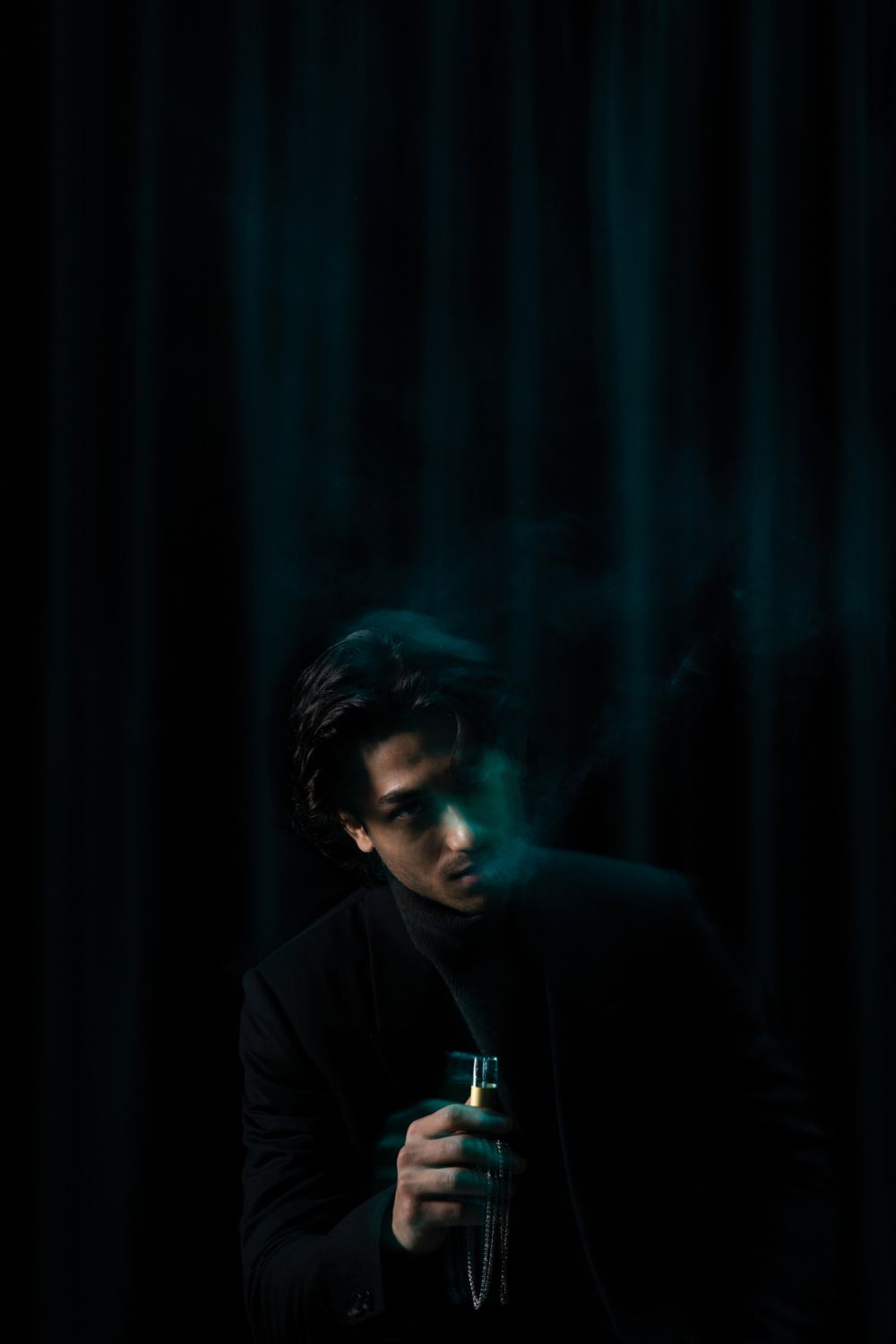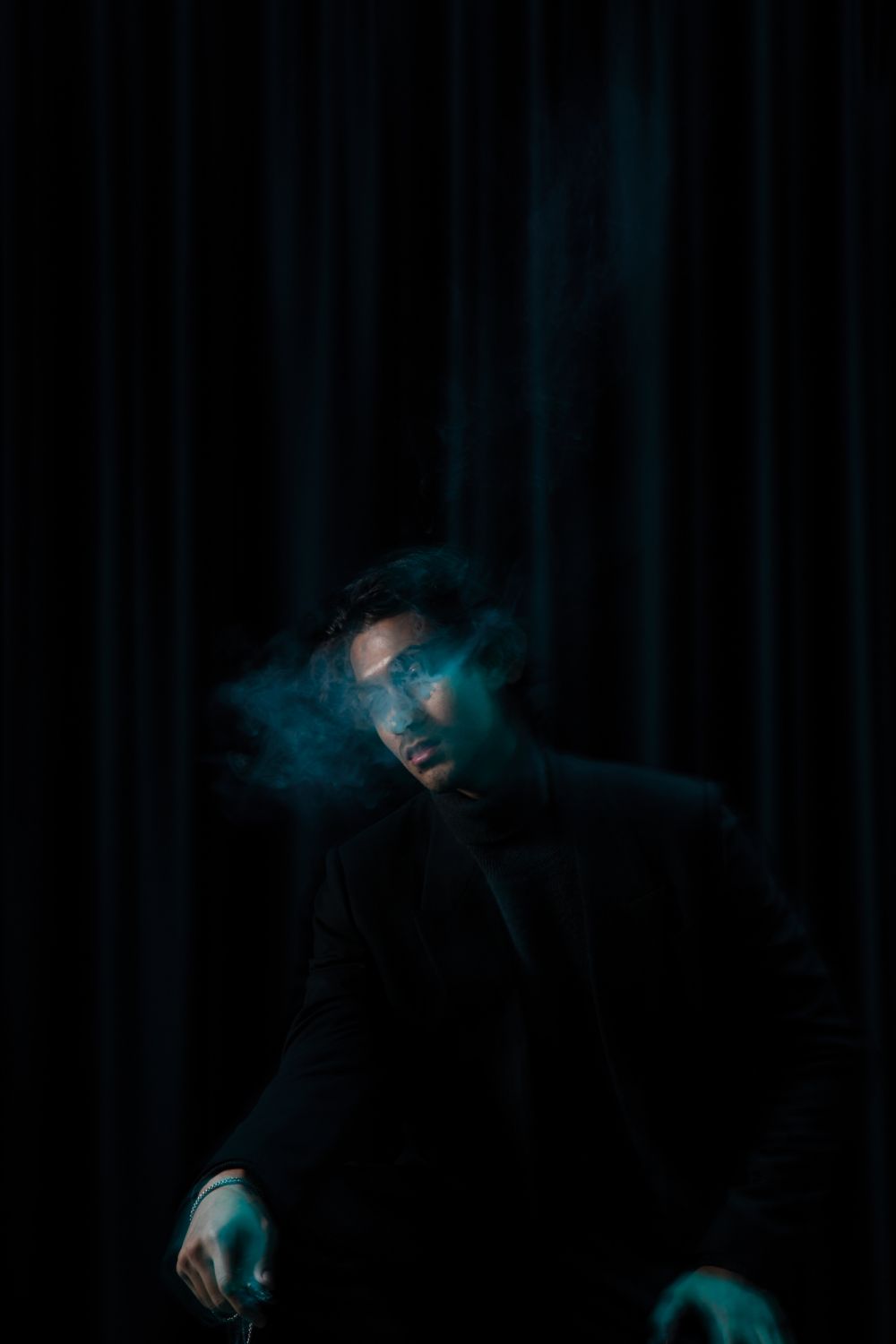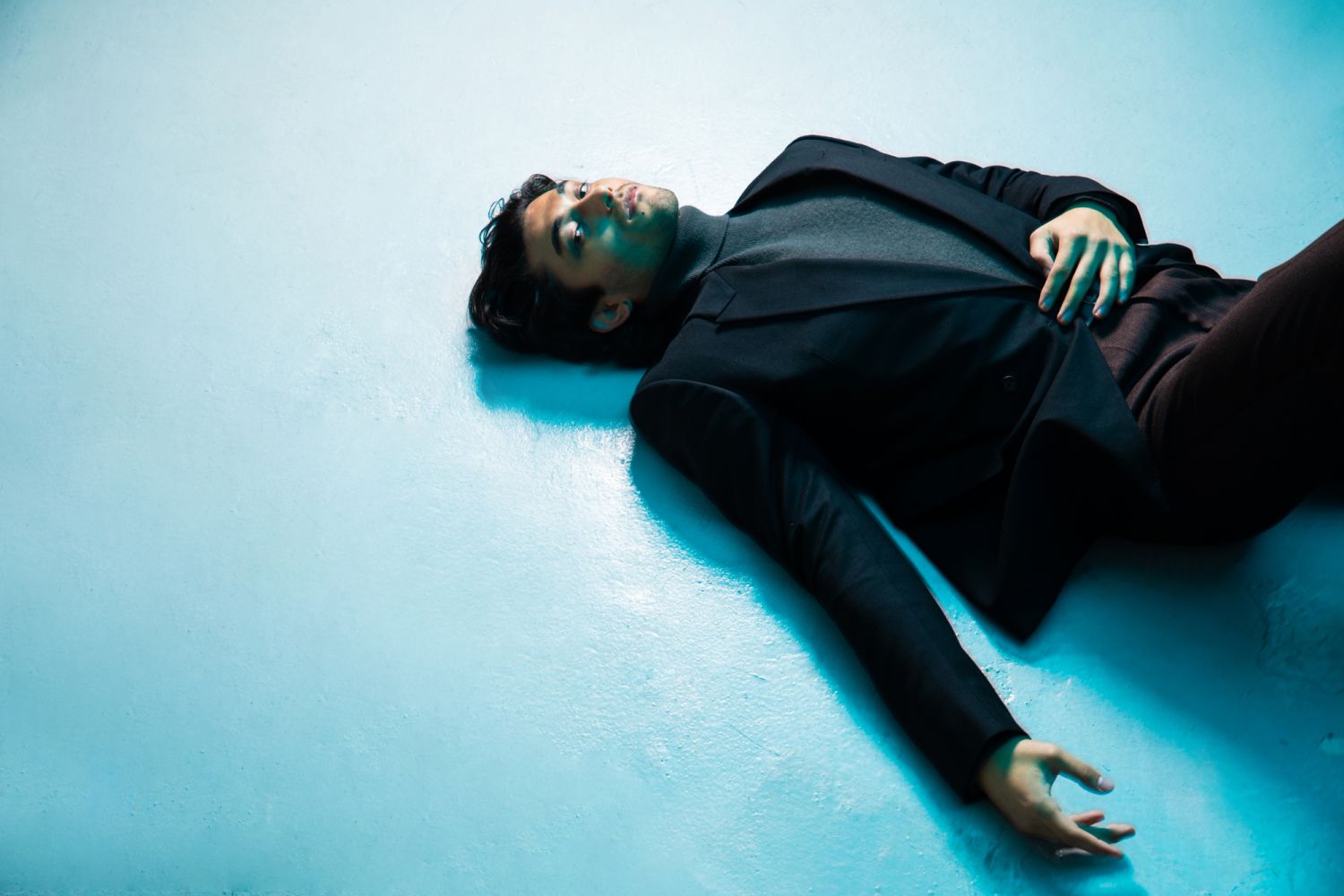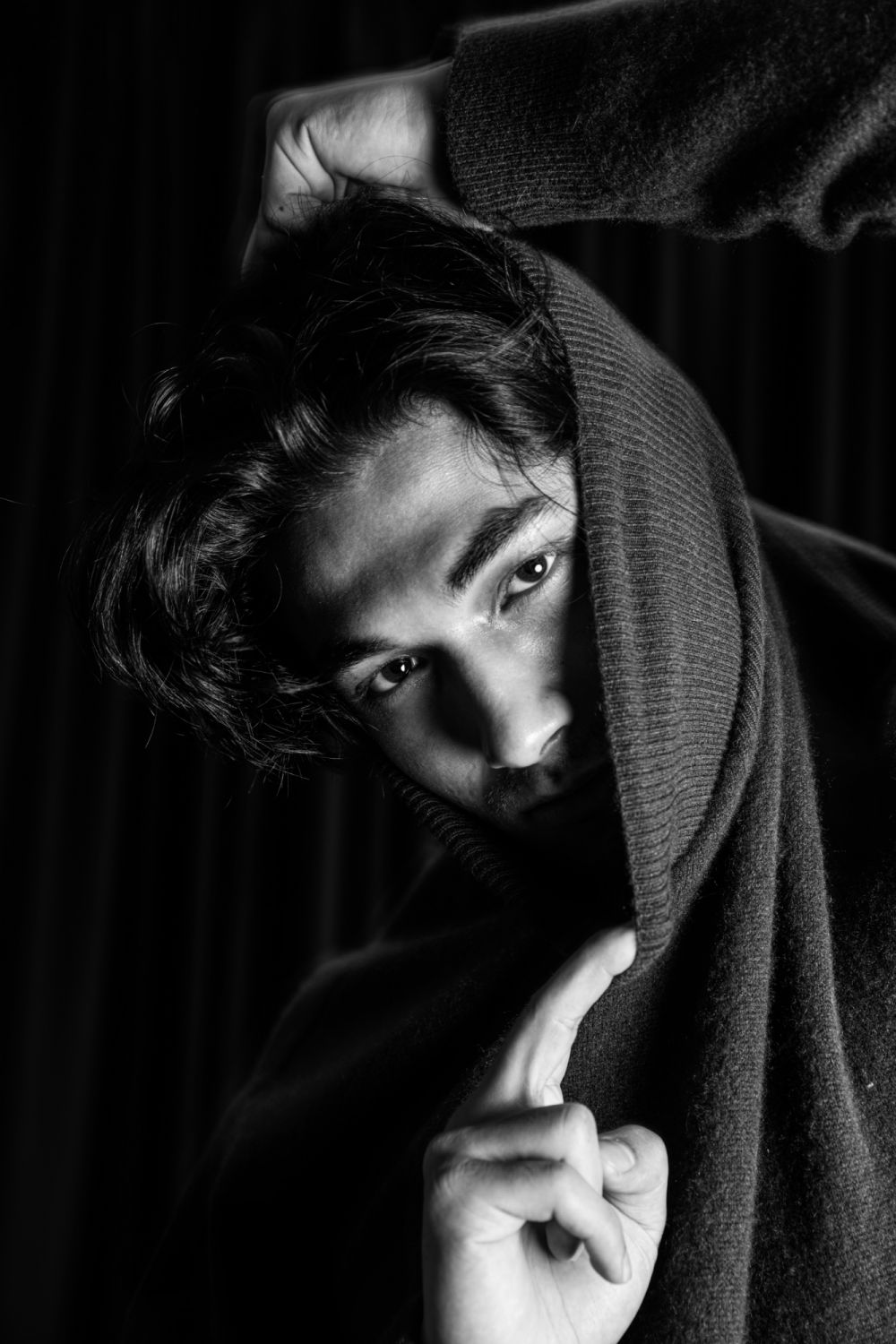Eyes were on Bipin Karma when he broke barriers and became one of the first ethnic minority actors to land a lead role in a Hong Kong movie. While he never intended to become an actor, in the end, it said that it was fate
Ever since I saw him in Hand Rolled Cigarette, I knew I had to talk to Bipin Karma. But the Hong Kong Nepali actor is a bit hard to get hold of. He admits, “I’m not active on social media” and if my messages to him say anything, it’s a plead to get a date set to chat. On the day of the interview, I had to change it online. But it’s not a problem for Karma, who’s all smiles as soon as I greeted him through the video call.
A smiling Karma is very different from his role as Mani in the neo-noir drama, Hand Rolled Cigarette, where he made his acting debut. But his smile means many things, after all, Karma is one of the first actors of South Asian descent to land a lead role in a Hong Kong movie and for an ethnic minority like me, I can’t help but smile too—especially to see someone that looks at you on screen. Karma claims, “I never wanted to be an actor” yet as soon as he’s settled for our photoshoot, our photographer exclaims that he got the shoot he needed within the first two minutes. The actor has a certain grace in front of the camera as if he’s destined for it, even if he’s shy to admit it.
While this breakout role was deeply personal, it also served as a sense of pride for Hong Kong’s ethnic minority community, who lacked representation in the media and if any, were mostly based on stereotypes or told through a different lens. In this interview with Tatler, rising Hong Kong actor Bipin Karma gets candid about his foray into acting for Hand Rolled Cigarette, his own short film Melting Pot and the importance of telling authentic stories, especially for the ethnic minority community.
While he never intended to act in the first place, it all came down to fate, as he calls it. Now, eyes are on the actor to see where he’s going next and regardless of where, he’s already made his mark.
Don’t miss: Filipino Actress Crisel Consunji Talks Life After Historic Acting Win and Her Comeback to Musical Theatre
You’ve mentioned during your press appearances that you never planned to be an actor. What made you say yes to the role in the end?
I asked director Chan Kin-long, “Why did you pick me?” And I just got the answer, “Because of [my] intuition.” That’s it. It was said so dramatically that I started to think about whether I should do it in the first place because it was too demanding of a role as I never acted, I don’t speak fluent Cantonese and the time was tight since I was still in my final year of college. I had a lot of rational reasons to say no, but in the end, it came down to just intuition.
Around a year before I signed on for the film, I was like I was going to make a short film about two brothers and if I can’t find an actor for the older brother then I’ll do it. Then this role came along. Somehow, when director Chan said that picking me was based on his intuition, I felt like I just had to go for it. I’ve been looking for so many reasons to stay away from acting because I was too nervous to do it. But right then, it made sense. It was fate and it just connected everything together. In the end, I was like, “You know what, I’m just going to go for it because it seems right.” I was doing videography so I always wanted to be in this field. It’s just that I never expected it to be through acting.
How did director Chan end up picking you?
I did audition but the director watched a short film that I was in called The Bench. I was writing that short film but I ended up playing the lead part because we couldn’t find another ethnic minority actor for the role. Director Chan saw that film and he called me in to audition. I was reluctant at first because there are so many other actors that speak Cantonese better and can act better than me. I thought I was just going to waste the director’s time. But I don’t know, he saw something in me.
You’ve been open about the language difficulty in doing the film. But there were also some physically demanding scenes. How did you prepare for all that?
For the action scenes, we didn’t talk too much about it, because I didn’t even think it was a challenge. But speaking in Cantonese was really a big challenge. If I’m not wrong, Daniel Wu (a Hong Kong American actor) had a similar way of going through the script because he couldn’t read Chinese so he’d get his script translated into English. So I approached it in a similar way. Joey, who was doing the translation, helped me with the script and translated my whole part from Chinese into English.
You know when you have to say a certain Cantonese word and then there are different tones? I would say a certain word but what I’d actually say isn’t the way it’s meant to be pronounced? Or how would I make it feel authentic? So I compared what was on the Chinese script and I tried to find a good balance of how authentically I would say it and how it was meant to be said. It was not an orthodox way of doing it but it worked for me.
It’s interesting that you say that because, for trilingual speakers like us, the way we talk in each language is different so to be able to deliver lines in a language that’s not your first or third is difficult.
There are so many times that I made myself look stupid. If I say it, it has to be right, it has to have the right tone. Sometimes, I think I’m saying it correctly but then everybody’s asking me to say it again so I did. That was a real challenge.
Don’t miss: ‘Love Hard’ Star Jimmy O Yang is the New Romantic Leading Man to Fall in Love With

















